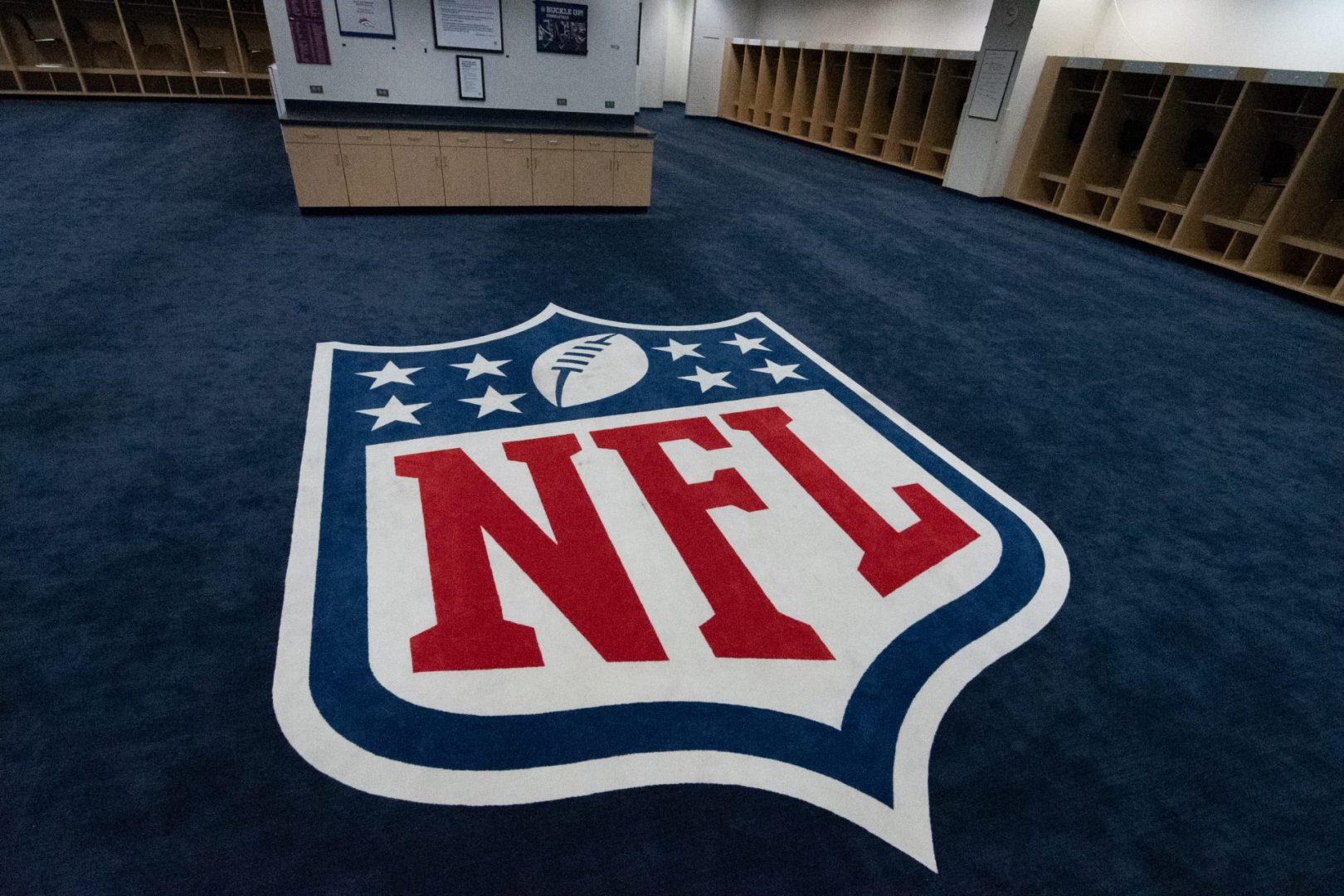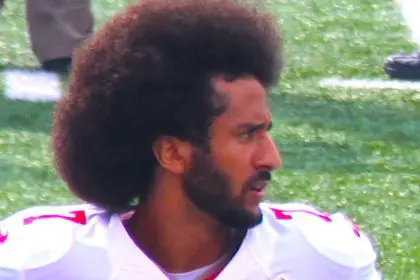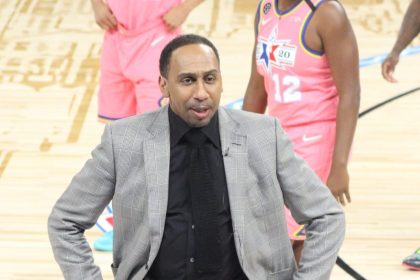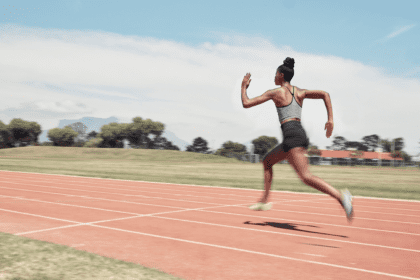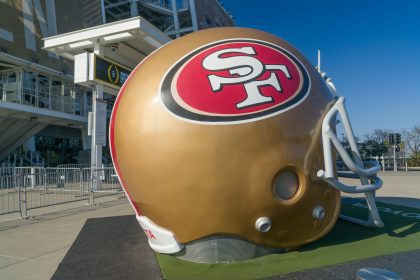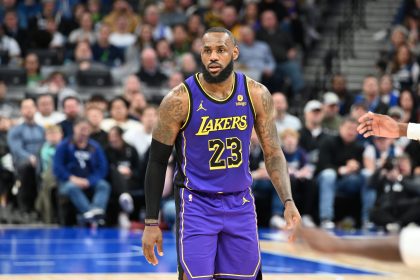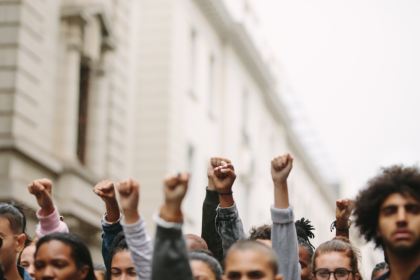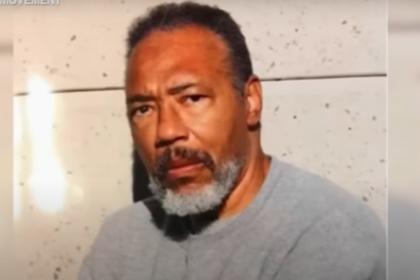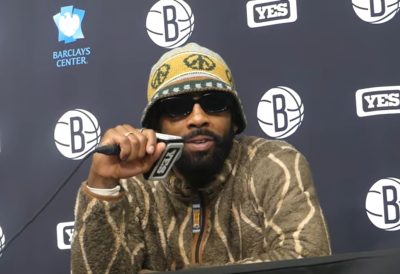In NFL news, the San Francisco 49ers’ victory over the Dallas Cowboys on Sunday Night Football was overshadowed by a political statement from 49ers defensive end Nick Bosa, who publicly reaffirmed his support for Donald Trump’s re-election campaign during a post-game interview.
Bosa walked behind the set wearing a “Make America Great Again” hat while teammate Brock Purdy was being interviewed. When asked about the hat, Bosa said, “I’m not going to talk too much about it, but I think it’s an important time.”
This is not the first time Bosa’s political views have come under scrutiny. His social media history has shown support for Trump even before he was drafted by the 49ers in 2019. Trump himself congratulated Bosa on Twitter shortly after the draft, further solidifying the connection between the player and the former president.
While Bosa is entitled to his political opinions, many have expressed concern over his support for Trump, who has been widely criticized for his divisive rhetoric and actions, particularly against marginalized communities. Trump’s presidency was marred by numerous controversies, including two impeachments and ongoing legal troubles.
Bosa’s situation highlights a broader trend in sports where athletes express their political beliefs. When athletes like Colin Kaepernick protested against racial injustice, they faced significant backlash. In contrast, Bosa’s political expression has not drawn the same level of criticism, raising questions about double standards in how athlete activism is perceived.
Other athletes, such as Le’Veon Bell and Antonio Brown, have also shown support for Trump, suggesting a growing willingness among athletes to engage in political discourse.
It is essential to recognize that Bosa, like any American citizen, has the right to express his political views and support any candidate he chooses. This right to free speech is a cornerstone of democracy, and while many may disagree with his choice, it is crucial to respect his freedom to voice his opinions.
As the 2024 election approaches, the intersection of sports and politics continues to be a contentious topic. Athletes making their political beliefs known prompts a larger conversation about their role in political discourse. While opinions will vary, the ongoing dialogue is a testament to the power of sports as a platform for expression.
It will be interesting to see how other athletes navigate their political beliefs and the potential impact on their careers and public perception in the coming months.

